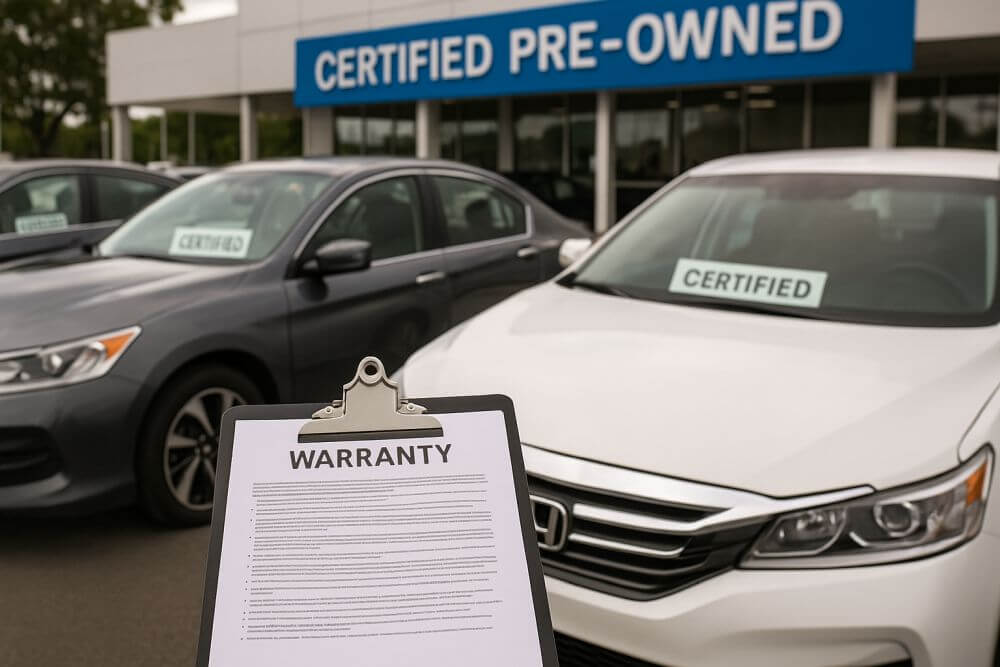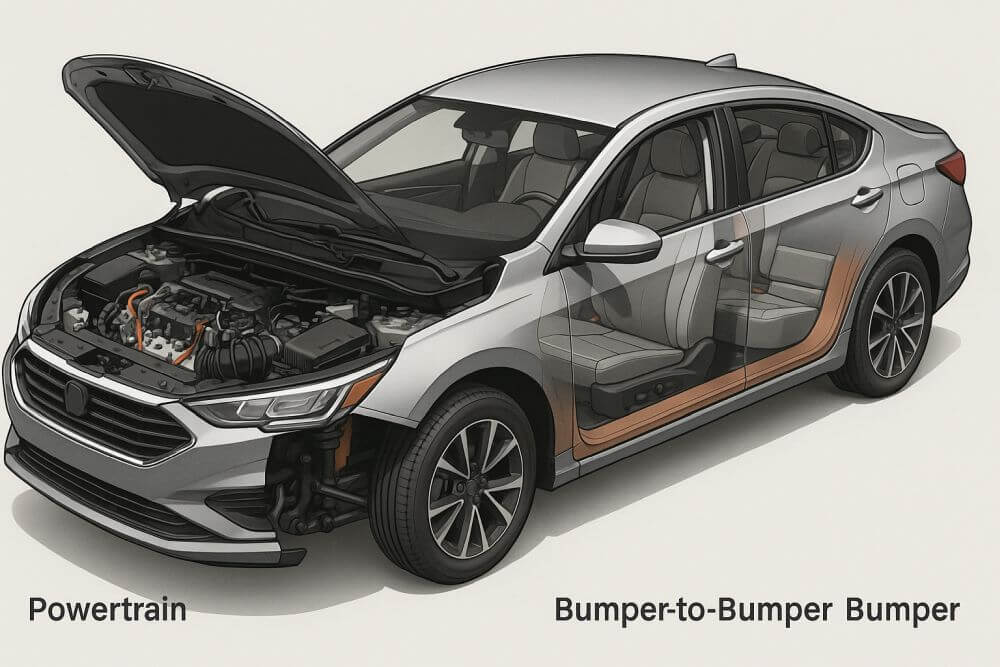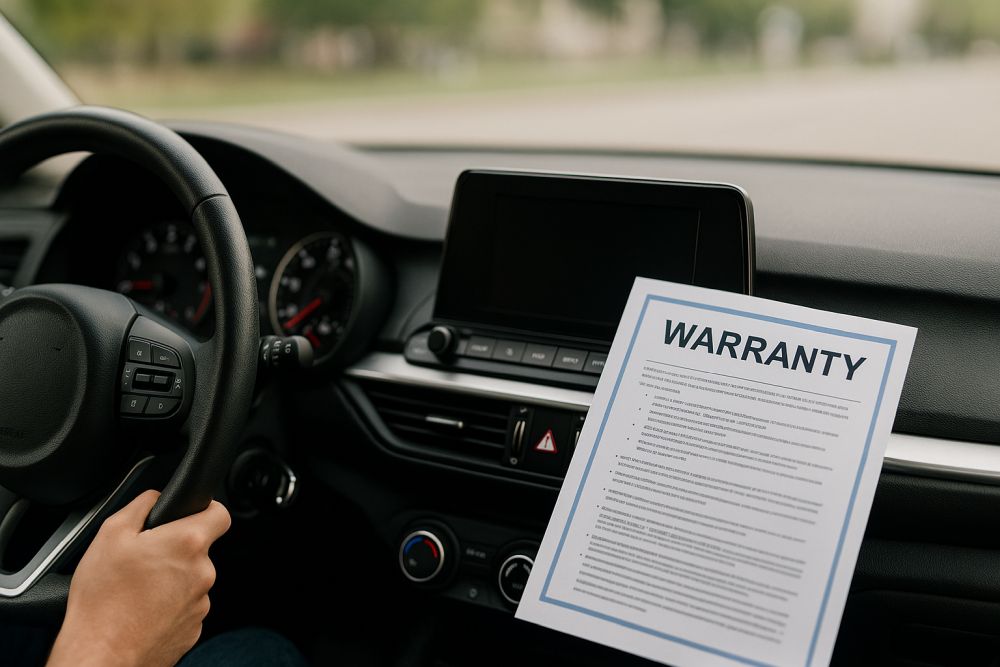Your car is important to your family. It is what gets you back and forth to work. It is how you drive to that favorite camping spot. It is your way to get around town to buy groceries, new clothes, or camping equipment.
To keep your car running and to maintain its resale value, you need to keep up with all of the regular maintenance. Your owner’s manual or authorized service professional will be able to give you the specifics for your car, but here is a generalized car maintenance guide by miles to help you to figure out what needs to be done to your car and when. Keep in mind that some of the lower mileage things will need to be repeated as your car gains mileage – for example, maintenance done at 15,000 miles would be repeated at 30,000 and 45,000 miles, and so forth.
As Needed
While these items are not necessarily considered part of your mileage car maintenance guide, they are still a good idea to keep your car looking its best. Make sure that you wash your car regularly, cleaning both inside and out. Replace light bulbs as needed and check tire pressure regularly. Top off windshield washer fluid as needed as well. You may also want to take a regular inventory of your car to make sure that you have emergency supplies and copies of important documents like insurance cards readily available. File all records pertaining to the upkeep of the car in a safe place for future reference. Not only are these records good for your reference, but they can also help provide a paper trail of regular maintenance performed on the vehicle.
Every 3,000 Miles
This is probably the most recognized service interval, as most drivers know that they need to change their oil and filter about every 3,000 miles. Some makes and models can go longer, but do not do so unless under the direction of someone who knows your car. This is also a good time to check all of the fluids in your car: transmission, coolant, power steering, and windshield washer fluids. Check to see if you need new wipers, tires, and that all of the lights are working properly as well. If you are able to, now is also a good time to rotate the tires to keep them wearing evenly.
Every 15,000 Miles
The air filter in your car should be changed at 15,000 miles, or more often if it needs it.
Every 20,000 Miles
At 20,000 miles, you will want to check your battery and coolant levels and replace as needed. Batteries generally need to be replaced about every 3 years, so you want to make sure that yours is replaced before it leaves you stranded.
Every 25,000 Miles
Every 25,000 miles, you will want to replace the fuel filter. This is also a good time to change out your automatic transmission fluid if you have an automatic transmission car.
Every 30,000 Miles
Power steering fluid should be replaced and the coolant, radiator hoses, HVAC system and brake pads should all be inspected. Now is also a good time to inspect the suspension system of your car. Make repairs or replacements if needed. Make sure that the engine is cool before you remove the radiator cap to check coolant levels.
Every 40,000 Miles
Replace the spark plugs and the wires. Now is also a good time to check the ignition system and the suspension if you have not with earlier checks.
Every 60,000 Miles
Major maintenance is needed at this point, with replacing the brake pads and fluids, along with replacing the power steering fluid, radiator hoses, coolant, and timing belt. Remember to continue to do your other regular maintenance that is required more frequently. Other belts may need to be replaced at this point as well, so check them all. Any belt that is worn or starting to crack should be changed immediately.
When the Lights Come On
If your car is newer, keep in mind that the onboard computer may already be programmed to tell you when maintenance is needed. Some newer cars even have sensors that will tell you if the oil is low or dirty or if a filter needs to be replaced. If you have a warning light come on, be sure to get that issue checked out as soon as possible, rather than waiting for the next regularly scheduled maintenance trip.


